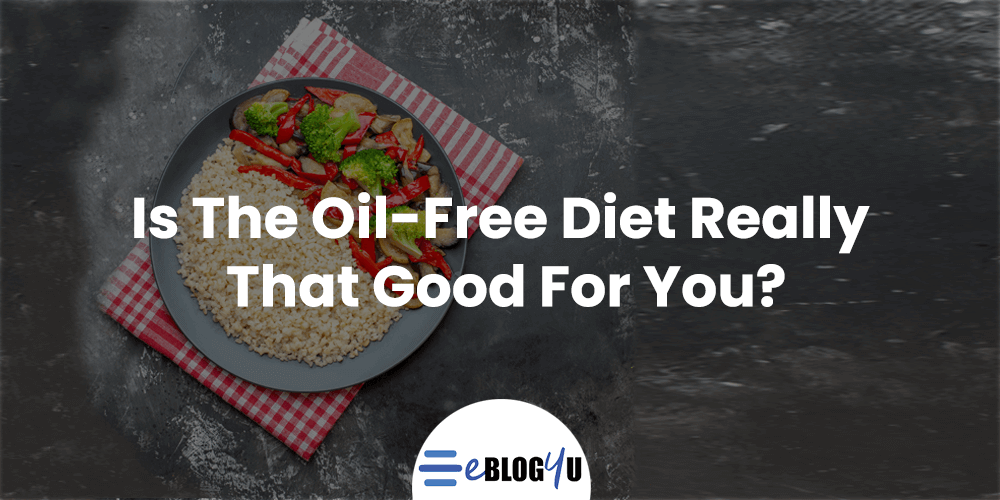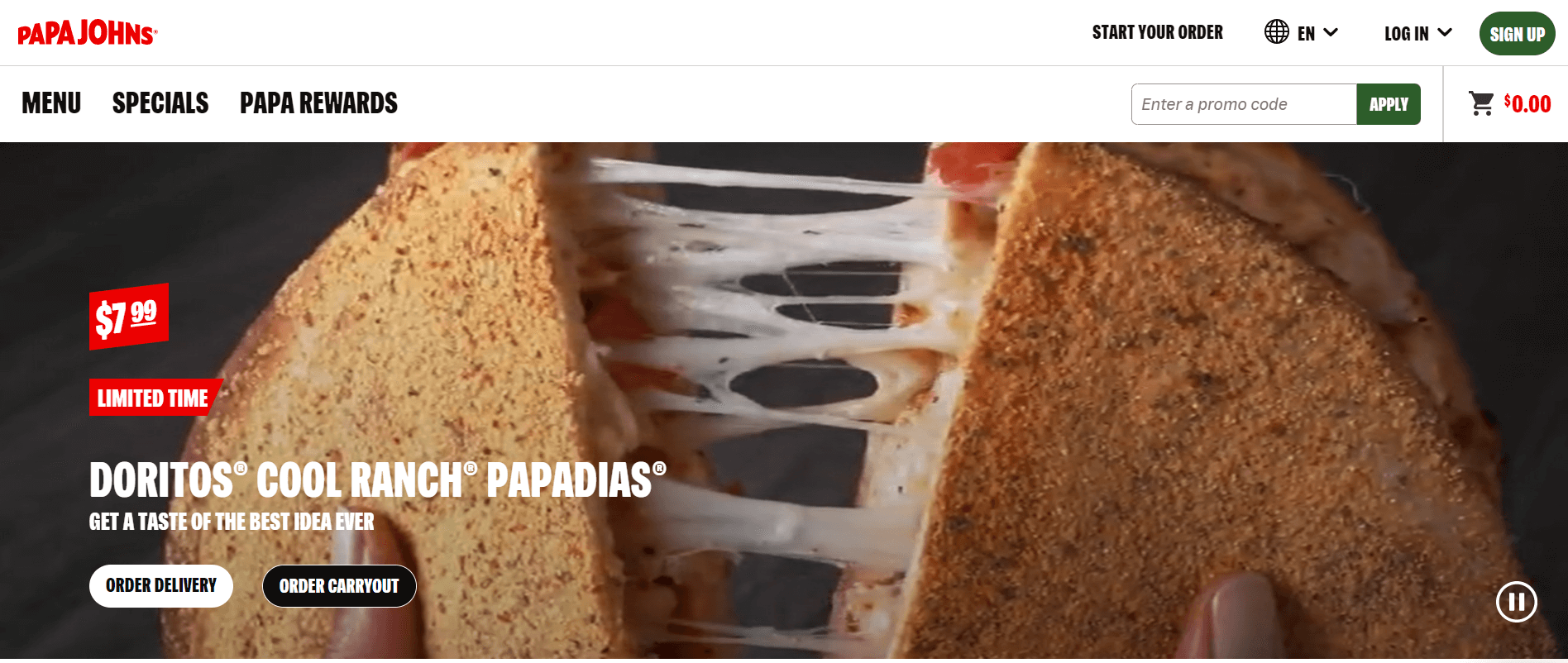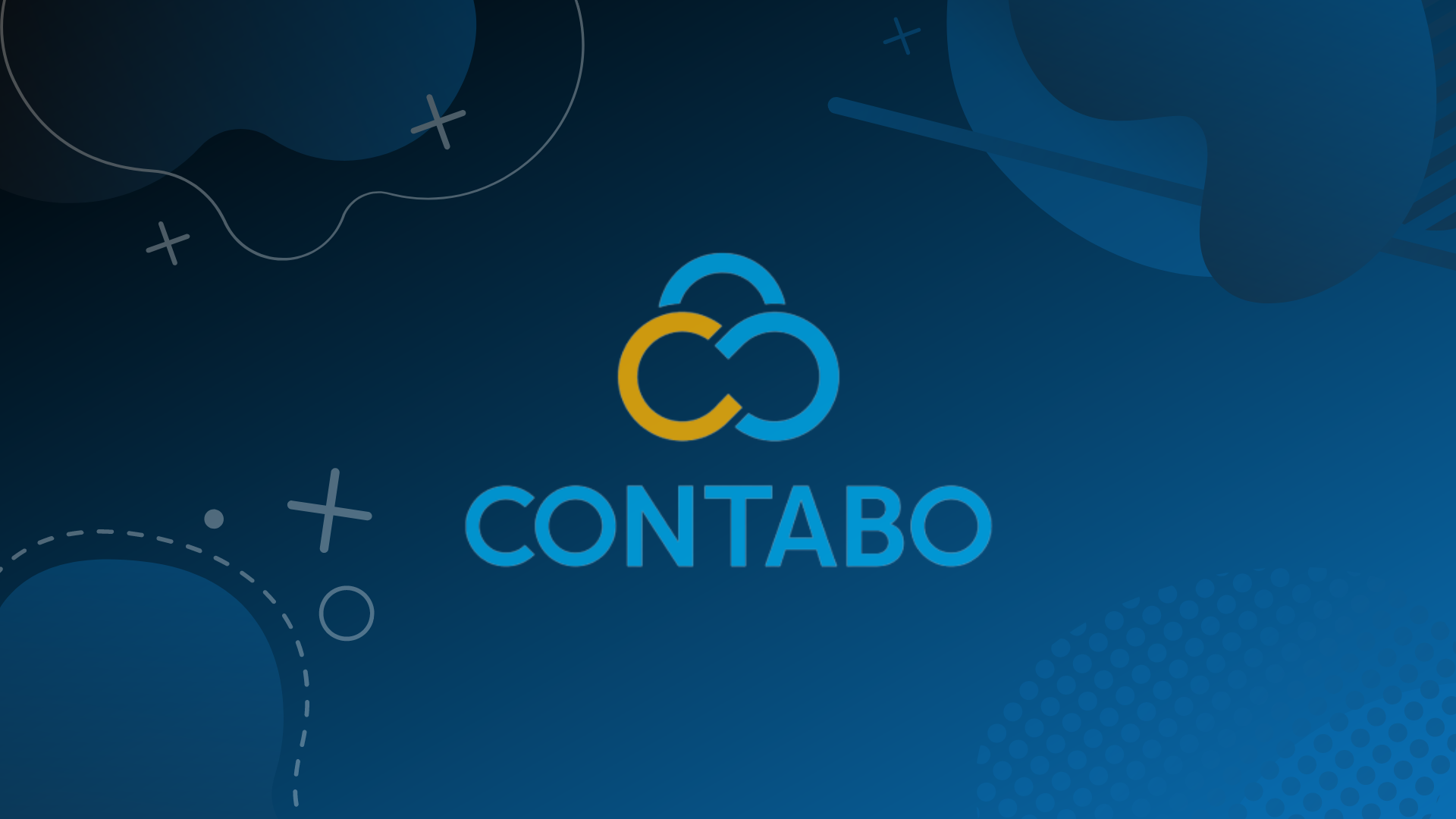
Is The Oil-Free Diet Really That Good For You?
Is The Oil-Free Diet Really That Good For You?
You have probably seen the term “oil-free diet” or “oil-free cooking” before, and you might be wondering what it’s all about. Is it a fad diet? Is it actually healthier for you? This article will explore the oil-free diet and whether or not it’s really worth following.
What is the oil-free diet?
The oil-free diet is a way of eating that eliminates all sources of dietary fat. This includes oils, butter, margarine, lard, and shortening. The oil-free diet is often used as a treatment for people with heart disease or high cholesterol. Proponents of the diet claim that eliminating fat from the diet can lead to weight loss, lower blood pressure, and improved heart health.
How does an oil-free diet work?
Your liver is responsible for storing energy and absorbing toxins out of your system where they can damage your organs. When your body burns off these extra calories, you will end up with extra fat cells called triglycerides. These cells aren’t safe and lead to inflammation. Your liver has a lot of functions and making too much fatty acid is one way to destroy them. If you start by burning 50% of your calories every day, then your liver will be able to extract more oxygen and release it into your bloodstream to burn the extra fat. Once, you start putting a lower number on your calorie, your liver will then remove as much stored fat as possible. Then when you’re at home, you’ll want to take on a low-carb challenge.
When doing your own research on an oil-free diet, there are a couple of things to keep in mind. First, you need to avoid taking supplements and meal replacement shakes if you don’t want to go cold turkey. There are plenty of liquid-based oil substitutes out there which won’t provide you with enough fat from your food to sustain your body and give you the energy your body needs for the day. And, since you’re still doing the most you can get, you should eat as little as possible at any given time of the week. Lastly, just as you wouldn’t be using an inhaler to treat your allergies, you shouldn’t be adding something extra to your meals by drinking a bottle filled with oils just yet. To sum it all up, most experts recommend sticking to about 3500-4000 kcal of total daily consumption or less, depending on how much fat you’re currently eating. So, what kind of fat would you put in your mouth?
If you’re looking for some actual proof that it’s a way better alternative than the regular stuff like salad dressings, yogurt, and cheese, look no further than Dr. Andrew Fattal, who conducted study after study showing how being vegan can actually have beneficial health outcomes. He found that being vegan cuts down your risk of dying early, reduces the chance of developing diabetes, improves your mood, and even makes you healthier overall. By limiting yourself to a minimum of 2000 to 2500 ml of water daily, you’re not only allowing your gut to function properly without having to constantly feed it with extra sugar-filled drinks, but your stomach can also digest these extra calories and prevent them from accumulating. Not only is this easier for your digestive system to digest, but it also provides you with more energy to power through your day and stays active. So, for every pound you lose on your quest for a leaner, you can safely add the extra 4 to 8 pounds back onto your frame within a few weeks using this approach. You can always add nuts and seeds to the mix for a boost if you’re feeling a bit of extra protein, but try not to exceed 500 g (1 oz) each day of your total daily energy. A simple cup of spinach or broccoli can serve as a delicious snack while reducing the amount of salt and fat in your coffee to a very small amount.
Of course, not everyone’s lifestyle is going to suit their goals. Some people find it difficult to change their routine or adopt new ways of thinking. However, if you’re still craving a slice of pizza and have no choice but to follow the advice, consider incorporating a recipe for tuna to keep your cravings away. Just cut the bread, spread a spoonful of peanut butter, fill your spoon with half of the mixture, and enjoy in the comfort of your own home. Or, you could grab a salad bar, add some avocado (or any vegetable of your choosing), and enjoy a large serving of vegetables, along with another portion of tuna. Even though this might seem overly indulgent, it’ll only allow you to eat three times as much tuna over a course of six days; plus, it’ll leave you full and satisfied all night long!
Are there any risks associated with an oil-free diet?
An oil-free diet is a type of diet that eliminates all sources of dietary fat. This includes both vegetable oils and animal fats. While an oil-free diet may have some health benefits, there are also some risks associated with this type of diet.
One of the main risks associated with an oil-free diet is that it can lead to deficiencies in certain nutrients. Fat is an essential nutrient that the body needs for a variety of functions. Without fat, the body would not be able to absorb certain vitamins and minerals. Additionally, fat is needed for the body to produce hormones and to maintain healthy skin and hair. Therefore, Eliminating all sources of fat from your diet can lead to deficiencies in essential nutrients.
Another risk associated with an oil-free diet is that it can cause gastrointestinal issues. Dietary fat helps to lubricate the intestines and makes stool softer and easier to pass. Without fat in the diet, stool can become hard and difficult to pass, which can lead to constipation. Additionally, Fat is a key component of bile, which helps to break down fats in the digestive tract. Without enough bile, fat digestion can be impaired, leading to gastrointestinal issues.
What foods can you eat on an oil-free diet?
There are a variety of foods that you can eat on an oil-free diet. Some people may choose to eat a plant-based diet, while others may opt for a more flexible approach.
Plant-based diets: A plant-based diet is one that focuses on eating whole, unprocessed foods. This type of diet is typically rich in fruits, vegetables, whole grains, and healthy fats.
Flexible approach: Some people may choose a more flexible approach to an oil-free diet. This means that they may still consume some oils but in moderation. This approach allows for more variety in the diet and may be easier to stick to in the long term.
Oil-free recipes
The oil-free diet is gaining popularity as more and more people are looking for ways to improve their health. While there are many benefits to following an oil-free diet, it’s important to understand that it may not be the best choice for everyone. Before making any changes to your diet, it’s always best to speak with a doctor or registered dietitian to ensure that it’s the right decision for you.
If you’re considering following an oil-free diet, there are plenty of delicious recipes available to help you make the transition. Here are a few of our favorites:
– Roasted cauliflower with tahini sauce
– Lentil soup
– Quinoa salad with roasted vegetables
– Spaghetti squash with tomato sauce
– Vegetable stir-fry
Whether you’re looking to improve your health or simply want to try something new, an oil-free diet can be delicious.
Alternatives to the oil-free diet
If you’re looking to cut down on oil in your diet, there are plenty of delicious and healthy alternatives. Here are a few ideas listed below to get you started:
1. Use olive oil or another type of vegetable oil instead of butter or margarine.
2. Cook with fresh herbs and spices instead of using oils.
3. Use fruit juices, vinegar, or broth when cooking instead of oil.
4. Make your own salad dressing using yogurt, lemon juice, and herbs.
5. Roast vegetables in the oven without using any oil.
6. Grill fruits and vegetables instead of frying them.
7. Use non-stick cookware when possible to reduce the amount of oil needed for cooking.







